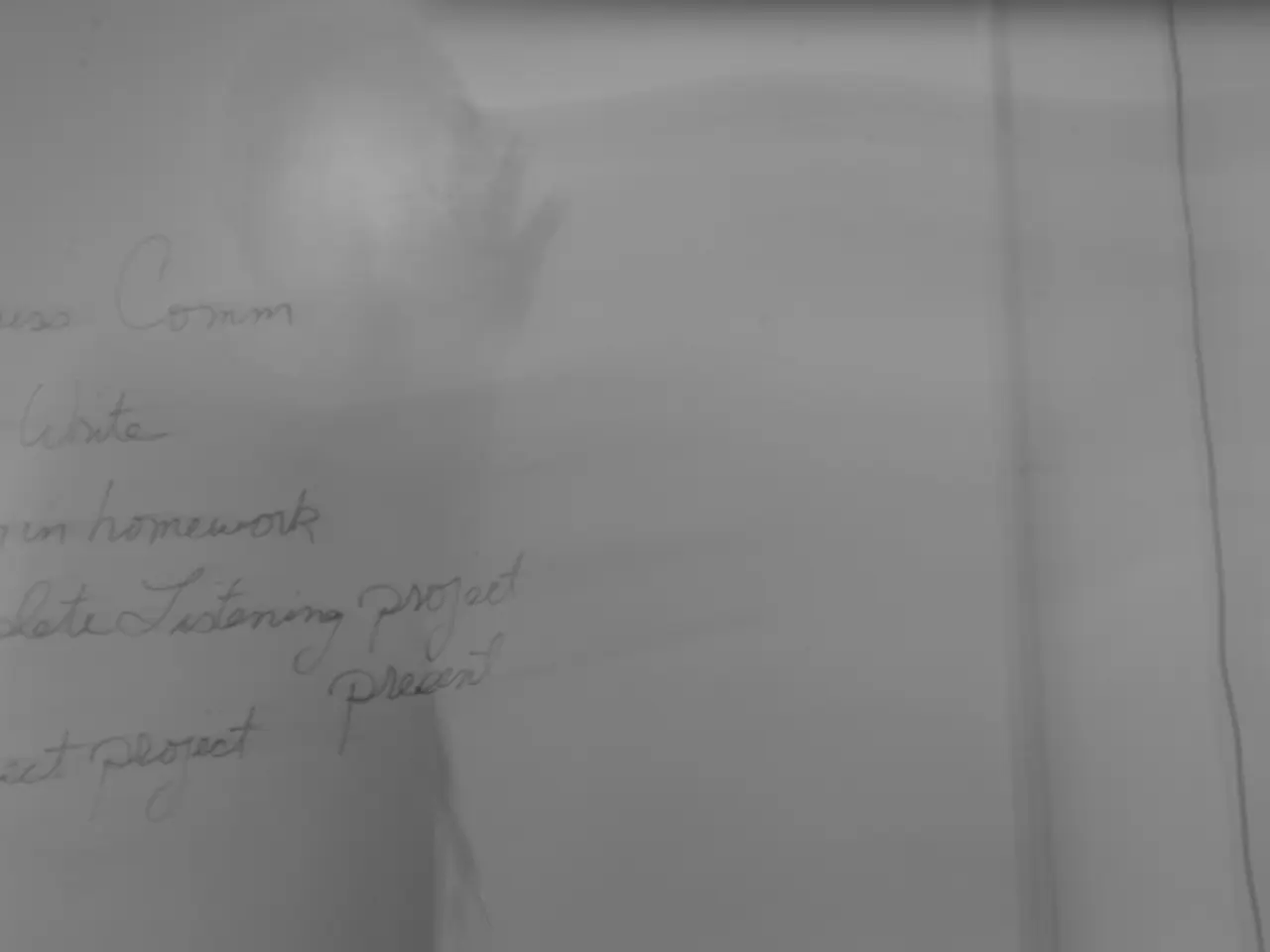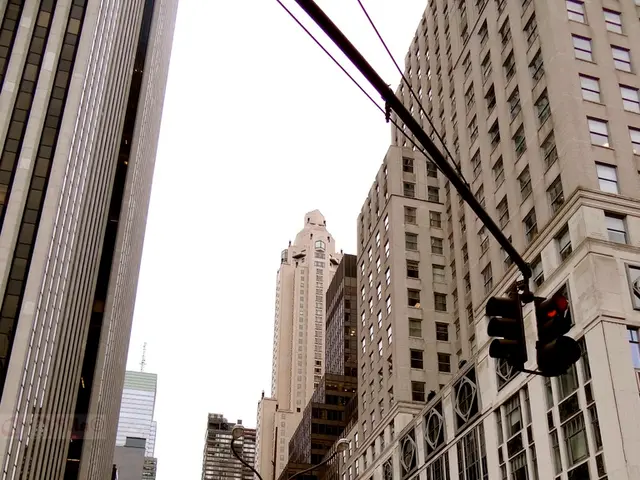United Arab Emirates and France seal agreement for binational collaboration aimed at decarbonizing difficult-to-reduce industries, with hydrogen industry a focal point.
The United Arab Emirates (UAE) and France have announced a new strategic partnership aimed at accelerating the implementation of clean energy projects for transportation and decarbonizing hard-to-abate (HTA) industries. This partnership, according to Bruno Le Maire, French Minister of Economy, Finance and Industrial and Digital Sovereignty, expresses his happiness and marks a significant step forward in the fight against climate change.
The focus of this partnership will be on climate change mitigation and adaptation, with a particular emphasis on optimizing the impact of their climate-oriented projects on biodiversity. The program will primarily focus on the decarbonization of HTA industries and supporting companies that have developed new clean energy solutions in green hydrogen and sustainable fuel.
Masdar, the UAE's clean energy champion, is leading on the UAE side of the partnership. Established in 2006, Masdar is jointly owned by Abu Dhabi National Oil Company (ADNOC), Mubadala Investment Company (Mubadala), and Abu Dhabi National Energy Company (TAQA). Masdar is active in over 40 countries, helping them achieve their clean energy objectives and advance sustainable development.
Masdar has ambitious targets, aiming to build a renewable energy portfolio capacity of at least 100 GW by 2030 and an annual green hydrogen production capacity of up to 1 million tons by the same year. The partnership will also explore leveraging public financing tools to facilitate eligible climate-friendly projects, with a focus on low-carbon hydrogen and sustainable fuel production and their respective value chains.
Dr Sultan Ahmed Al Jaber, UAE Minister of Industry and Advanced Technology, President-Designate for COP28, and Chairman of Masdar, was involved in the formation of the partnership. The UAE, in hosting COP28, intends to make it a COP of Action and a COP for all, with an open invitation to the world to join in constructive efforts to raise ambition, move from deliberation to delivery, and achieve the central goal of the Paris Agreement to keep 1.5°C alive.
The partnership's goals align with the Paris Agreement on climate change, with each opportunity being assessed based on relevant and internationally accepted methodology. The investable opportunities will be developed jointly, with Masdar leading on the UAE side of the partnership.
The program will launch a program to develop commercial and investable opportunities for clean energy, particularly in the decarbonization of HTA industries and clean hydrogen solutions for mobility. The partnership aims to be officially launched during COP28, the 28th session of the United Nations Framework Convention for Climate Change (UNFCCC), to be held in Dubai in November this year. The partnership will aim to raise ambitions towards COP28, the United Nations Framework Convention for Climate Change session to be held in Dubai in November 2023.
The UAE and France will intensify their efforts to promote renewable and zero carbon energies to decarbonize economies and hard-to-abate sectors. The successes of Emirati and French companies in the clean and renewable energy sector, with over 6.2 GW of clean and renewable energy programs developed, invested in, and operated globally, serve as a testament to the potential of this partnership.
The governments of the United Arab Emirates and France consider public financing instruments such as subsidies, grants, and investment incentives to support climate-friendly projects in hydrogen production, storage, and sustainable fuels. The UAE often combines large-scale renewable projects with government-backed funding schemes, while France uses mechanisms like public loans, subsidies, and support through climate and energy transition funds to promote hydrogen and sustainable fuel initiatives.
This strategic partnership between France and the UAE is a significant step forward in the global fight against climate change, demonstrating the commitment of both nations to a sustainable and clean energy future.
Read also:
- More than half of British homes adhere to insulation standards established during the 1970s.
- While Éowyn's storm caused a massive €301 million in damages, fossil fuels maintain their position as the leading power source.
- Transition in Energy: Merz Administration Plans Enactment of Heating Revolution from 2026
- German Obsession with Luxury Vehicles Thriving Amid Traffic Congestion








